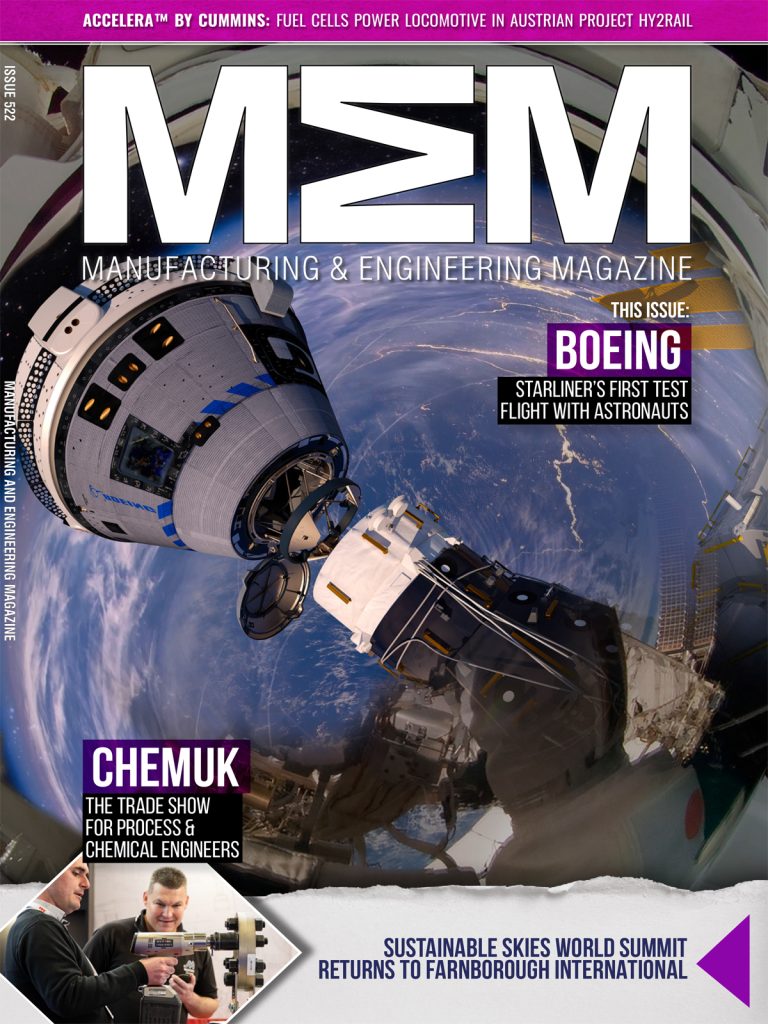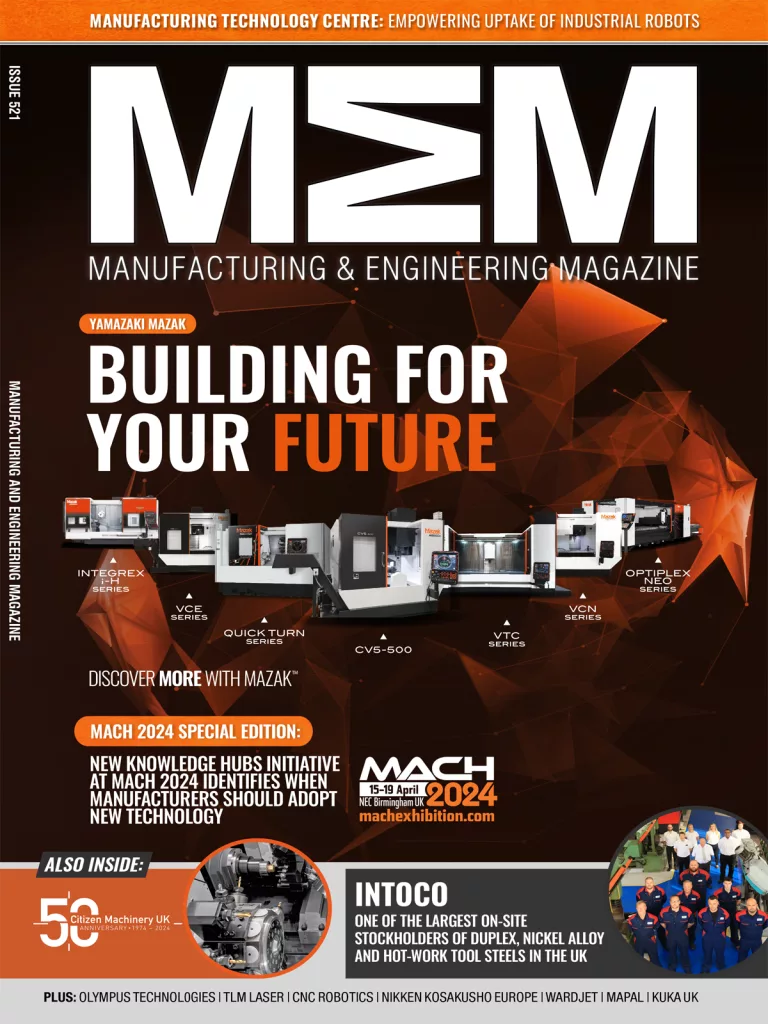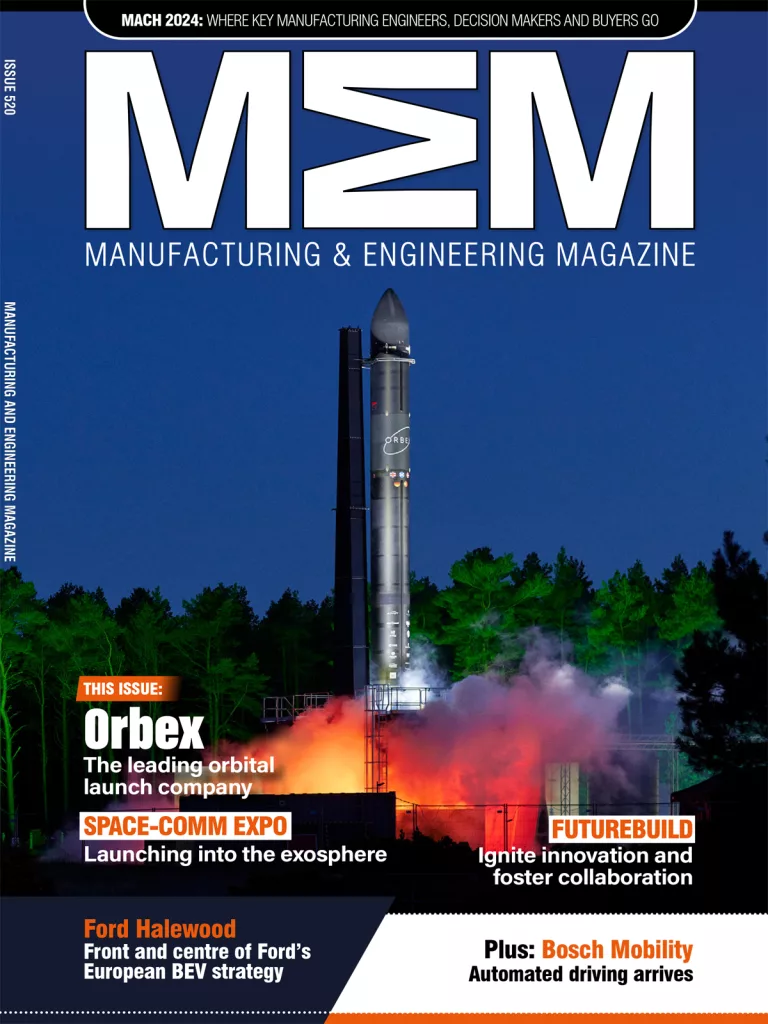Standfirst: The OPC and Bus Éireann share news about a new apprenticeship recruitment programme aiming to identify quality apprentices and enhance diversity and inclusivity.
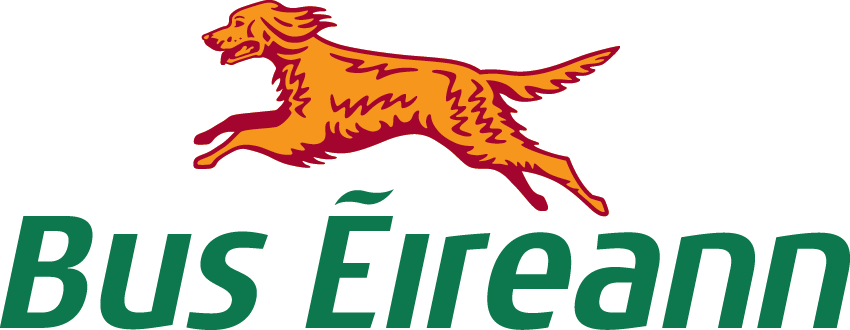
Bus Éireann, is Ireland’s national bus company. They seek to build a company that’s rich in diversity and representative of their customer base, with a particular focus on increasing the number of female applicants into traditionally male careers. They also have a keen desire to support disadvantaged young people, developing positive partnerships with local schools and colleges.
With the apprentice application numbers declining, Bus Éireann (BE) wanted to examine the selection criteria and recruitment process for Apprentice Heavy Vehicle Mechanics (AHVM) for themselves and Dublin Bus (DB), who they partner with for apprenticeship recruitment. So, they approached the OPC for support in this project with the following key aims:
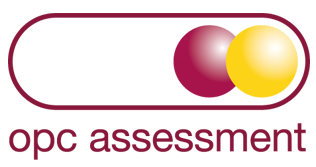
- Addressing the underrepresentation of women in particular roles;
- Improving diversity across the workforce;
- Attracting more women into careers at BE and Dublin Bus; and,
- Attracting more apprentices from underrepresented groups.
In addition to a redesigned selection process from the OPC, Connelly Partners advertising agency, developed a new attraction campaign – ‘A career built around you’ proposition with the candidate at the centre. It presents a universal, gender-neutral message with a strong female presence. Using the well-known Air-fix model as its core visual, it clearly communicates the candidate’s importance, and that this apprenticeship opportunity comes with no set experiences or educational background requirements. The ‘tools of the job’ will be provided. The attraction campaign was widely promoted across social media platforms – TikTok, Snapchat, YouTube and Instagram using both static and video displays, as well as on the radio and of course buses! It did a great visibility job for women in apprenticeship and STEM roles.
Removing educational barriers
A key factor in the development of a new apprentice selection process was the reduction in entry-level educational requirements. Traditionally, academic qualifications have been and are included in many apprenticeships’ programmes e.g., Leaving or Junior Certificates in Ireland or other certifications. A decision was made to replace them with SOLAS equivalent further education and training certificates. This could provide new career opportunities for more underprivileged candidates.
David Poynton Rowley – Apprenticeships Manager for Bus Éireann and Dublin Bus: ‘We were losing out on talent by alienating an important cohort of applicants who may not have completed school, meaning they were immediately disadvantaged. By accepting the SOLAS equivalence of Leaving or Junior certificates it allowed some under-represented young people access to apply for the Heavy Vehicle Mechanic (HVM) apprenticeships schemes.’
A new selection process.
BE was looking to completely overhaul the existing apprentice selection process. OPC Psychologists collaborated with garage job-experts and existing apprentices to create a new apprenticeship role profile and a more inclusive, and accessible selection process. This included:
- A new online application form for the apprentice scheme that was available on the BE careers website, with a direct link from the advertising.
- A new Assessment tool matrix, specifically using the OPC Assessment’s six Core Skills Series – a range of tools that measure key abilities essential in key technical and apprentice roles. E.g., mechanical (CoreM), abstract (CoreA), diagrammatic (CoreD), and spatial (CoreS) reasoning as well as numerical (CoreN) and verbal (CoreV) ability.
- New practice materials allowing candidates upfront time and space to acquaint themselves with the chosen assessments and practice them. This would help candidates who are less familiar with testing to do their best.
- A bespoke Situational Judgement Test (SJT) was specifically designed for the role. This explores if a candidate’s key characteristics, attitudes, and behaviours match those of an outstanding BE apprentice.
- A new practical exercise giving candidates a hands-on opportunity to demonstrate practical skills through some job-relevant scenarios.
- A candidate interview preparation form helped applicants to think ahead and compose answers to give ‘the best of themselves’ confidently on the day.
- OPC analysis and research on the selection process. The OPC oversaw the digital selection stages. This enabled a review and analysis of candidate compliance of the online tests, drop-off rates, follow-on attendance at interviews, and a correlation to success through the process.
- Candidate feedback on the selection process. Finally, the OPC undertook some candidate experience research on BE’s new process.
Completion of assessment tools and onward success
The attraction advertising campaign for apprenticeships was extremely successful. Compared to declining applications, BE received 240% more applications than the previous year with more than 7% of them female, that resulted in 16% female hires in the final line up for BE. Bus Éireann’s apprentice recruitment campaign was also awarded the Outstanding Diversity Initiative from the Irish Centre for Diversity.
Online tests act as an indicator of drop-off rates
The OPC highlighted that the online assessment tools were acting as self-screening instruments, helping identify candidates who were more committed to the selection process and potentially more committed to a 4-year apprenticeship scheme. Over 50% of candidates completed the initial six Core Series ability tests. Those who completed all of these were more likely to go on to complete the rest of the assessment tools – the SJT and the Interview Preparation Form. Conversely those who didn’t complete any were less likely to complete the other online tools. This group of candidates had between a 70-85% drop-off rate at each of the subsequent stages.
Online tests predicted interview performance
OPC psychologists analysed the candidates’ assessment tool scores and linked them to interview performance scores. In both instances, those candidates who scored better in the six, online Core tests and the SJT were much more likely to succeed at interview stage and gain a ‘highly-commended’ pass mark. Follow-up offers were made to candidates who’d met the required standards for entry to the AHVM programme
Inclusive practical assessments
Practical assessments also helped to make the selection process more inclusive and accessible. Applicants were given two specific tests:
1) Due to the safety-critical nature of the role, candidates were set a hazard spotting task. They were assessed on how many risks they could identify on a bus and the nearby garage area e.g., faulty brake lights, a broken wing mirror, or a slip-risk from oil on the floor.
2) An electrical fault test, where it was key for individuals to follow written instructions and a diagrammatic scheme to solve and repair an electrical problem.
David Poynton Rowley said: “The practical assessments showed a different way of testing people for aptitude and talent. Some young people who may not have had the best start in life, or performed in the upper percentile for other assessment tools or interviews turned their hand to these tests straight away and just ‘knocked it out of the park!”
Candidates feedback on the selection process
The OPC also undertook some candidate experience research through an online feedback questionnaire. They received over 100 responses, with some very positive results.
The six Core Series ability tests
89% of candidates affirmed that the practice materials were helpful in completing the tests beforehand, and 91% agreed that they understood what they needed to do. Nearly three-quarters of the respondents found the Core Series online tests challenging. However, approximately 70% felt that the Core series tests were relevant to the apprentice role.
‘Testing is part of a screening process… A mechanic has to be a problem solver and mechanically minded to do the job so testing these skills is essential’
‘They weren’t too hard and they weren’t easy. They helped me understand a lot more about the apprenticeship than before I took them’
‘It was a great experience’
Of the candidates who didn’t complete these tests, but who provided feedback, the key barrier marked for non-compliance was ‘available time’. A lack of understanding; the challenging nature of the tests or a lack of interest in the apprentice role were not key issues. These results may indicate a lack of commitment to the process and the role.
The Situational Judgment Test (SJT)
86% of candidates found that the practice materials helped them prepare for the SJT. 95% of candidates said they had a clear understanding of what was required. The majority of the candidates answered that the test wasn’t too challenging (66%) and that it didn’t take too long to complete (68%). 85% agreed that this test was very relevant to the apprentice role.
The interview preparation form and the interview
This had strong agreement across the board from the candidates regarding its usefulness. 87% of candidates felt the interview preparation form as useful, with 94% agreeing that they understood it. 91% felt it was very relevant to the role. One candidate commented:
‘I really loved this section. It gave me great insight into what apprentices are like and what I could be one day’
The interview preparation form clearly supported candidates with 90% feeling well-prepared and clearly understanding what they needed to do at interview. 84% said it helped them provide relevant examples, and 90% feeling they gave their best performance on the day despite probing questions.
David Poynton Rowley said ‘Although our new apprentices have only recently started their 4-year training, we’re extremely impressed by the quality and calibre of individuals – they’ve really thrown themselves into the programme, demonstrating excellent application of practical skills, and being very hands-on’
Dr Steve Fletcher, from the OPC said ‘Candidate feedback on the apprentice selection process was excellent. Overall, 64% of the candidates who provided feedback said the BE process was better than experiences they’d had elsewhere. The new practical test element and interview preparation form really helped to meet the drive for inclusivity and diversity as well as equip candidates to show the best of themselves on the day. We’re delighted to hear that the newly selected apprentices are already fitting right in!’
Linda Allen, Senior Manager, Talent and Diversity at Bus Éireann concluded: ‘Attracting the best apprentices is a key factor for the talent pipeline of mechanics and some engineering roles at Bus Éireann. It was strategically very important for us to re-examine our recruitment process to address the under representation of women, a gender pay gap, and improve apprentice applications, ensuring enough AHVMs to meet future growth. The redesigned process is good progress towards these goals. We aim to serve local and rural communities with a quality, reliable, and sustainable public transport bus service. Great mechanics are essential to keeping these services on the road.’
E: admin@theopc.co.uk | T: +44 (0)1923 234646 | W: www.theopc.co.uk
Manufacturing & Engineering Magazine | The Home of Manufacturing Industry News











